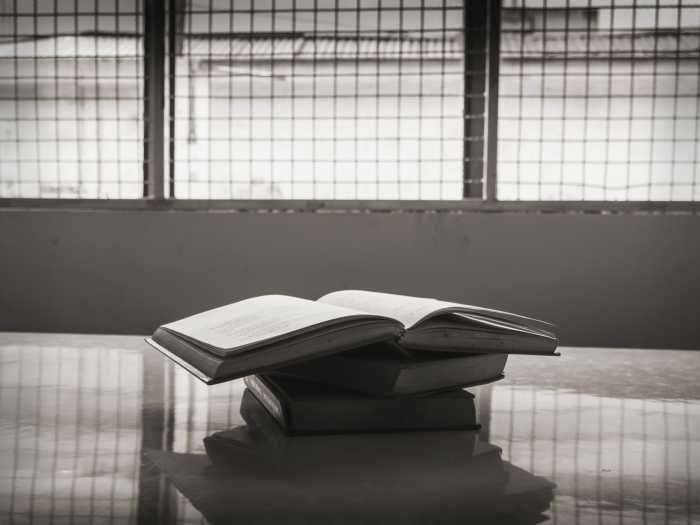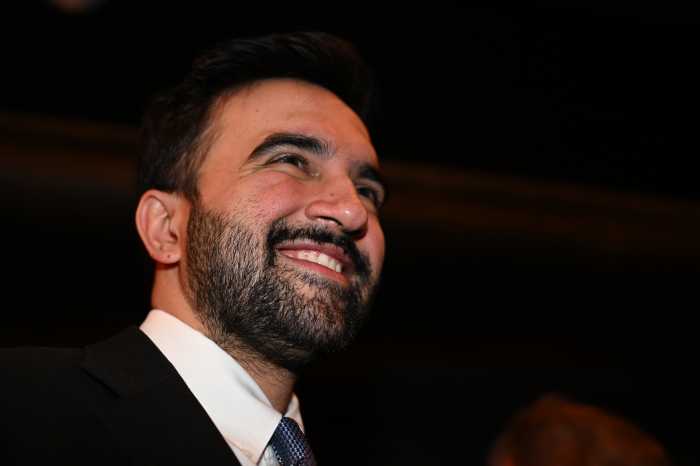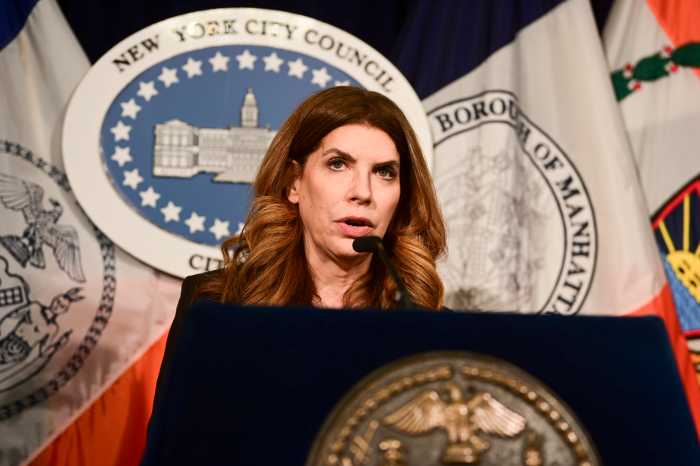When I was growing up in the 1980s, Frank Sinatra was the patron saint of Italian Sunday dinners, his music providing the peaceful soundtrack under the din of conversation.
In my family, someone always referred to him as “Frankie,” and my grandmother affectionately called him “Frank Stunad,” Italian-American slang for dopey. He was such a familiar presence, as a child I assumed he was a relative I never met, like Aunt Paulie or Uncle Sally from the old neighborhood in Brooklyn. Though I eventually realized Ol’ Blue Eyes wasn’t famiglia, his legacy in my life was set.
And this week, 20 years after his passing, Francis Albert Sinatra is still part of the greater Italian-American family. Like Elvis, he wasn’t the first at what he did, but he did it best. Defining cool before “teenager” was even a thing, the skinny kid from Hoboken had bobby-soxers swooning with his smooth voice and dapper style. The Rat Pack set the bar for #SquadGoals and the swinging Vegas style many seek from the Disney-fied desert town today. When I realized that my grey-haired “Uncle Frankie” defined badass in his youth, his significance deepened.
Frank’s presence was everywhere, from his picture hanging and music playing in most restaurants to radio broadcasts of “Sundays With Sinatra” at home. His voice attended every wedding, bar mitzvah or other gathering in a hall. His “New York, New York” and Donna Summer’s “Last Dance” competed for position as the final songs of the night. I don’t think there’s a tri-state resident who can say he or she hasn’t been in a passionate kickline, accidentally bruising loved ones with off-count leg lifts, while proudly bellowing, “I’m king of the hill, top of the heap! Ayyyyy num-baaa wwwon!”
With his songs, Frank gave some of the best advice for success to generations coming of age in the 1970s, ’80s and ’90s — advice still practical now. Though he was not the author of his famous lyrics, his voice fed a fire of pride and ambition in our bellies we didn’t expect. He provided a fatherly pep talk we didn’t know we were getting. Sinatra told us life would be hard, but to face it and stand tall, do what we have to do, because if we made it here in our own backyard everything else would be easy.
And in the end, like Frank Sinatra, who made it here and everywhere, we could each say we did it “my way.” And didn’t everyone want to be like Frank just a little bit?
Tara Cox is the author of “Airstream: The Silver RV.”





































